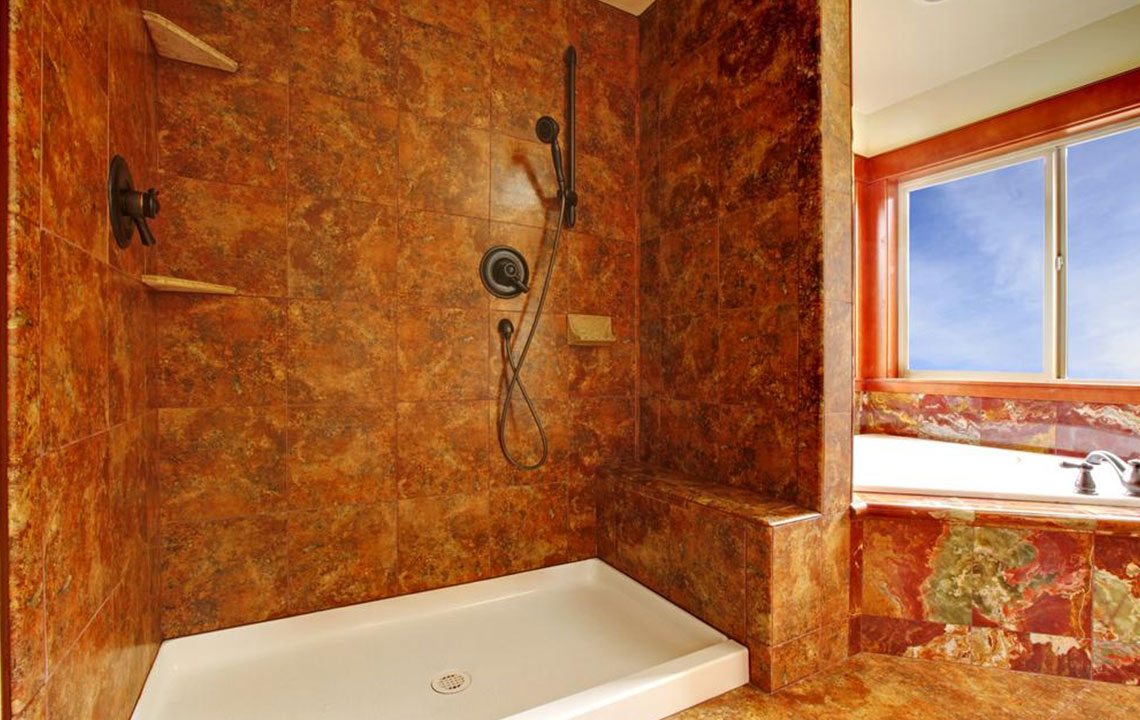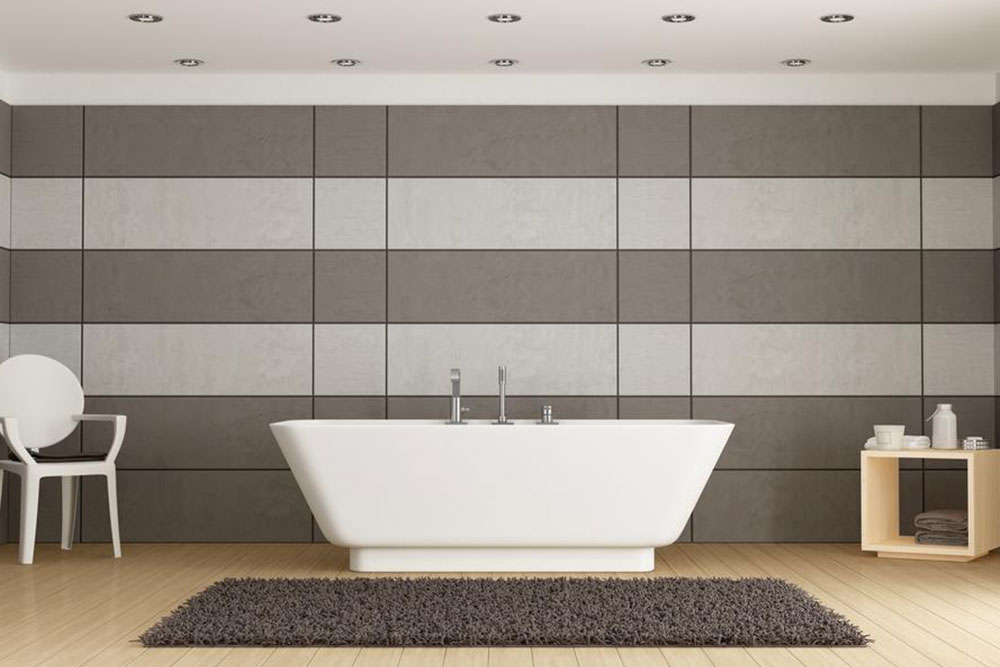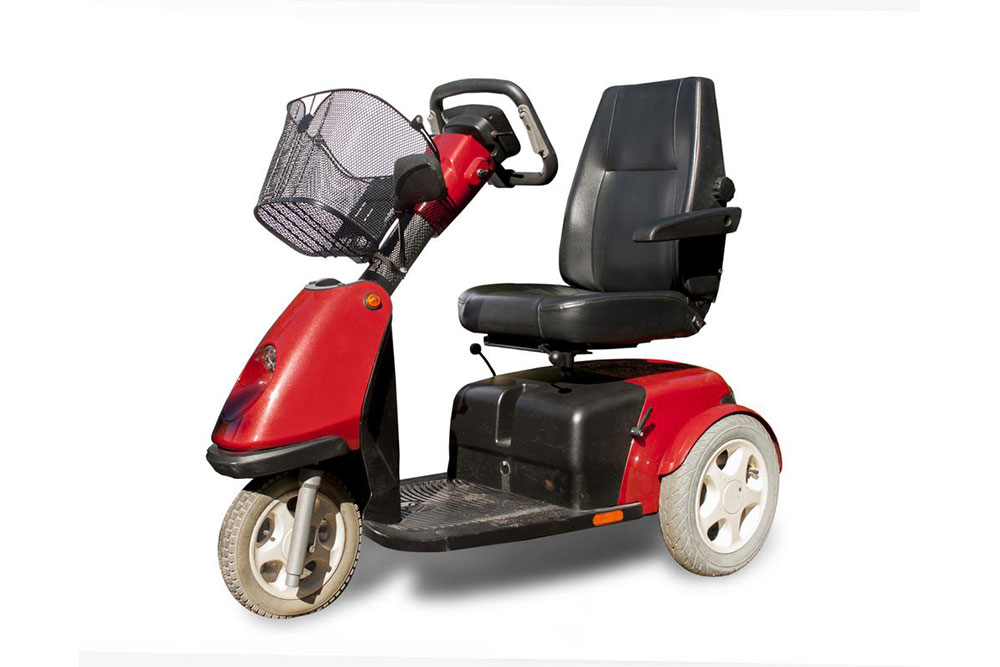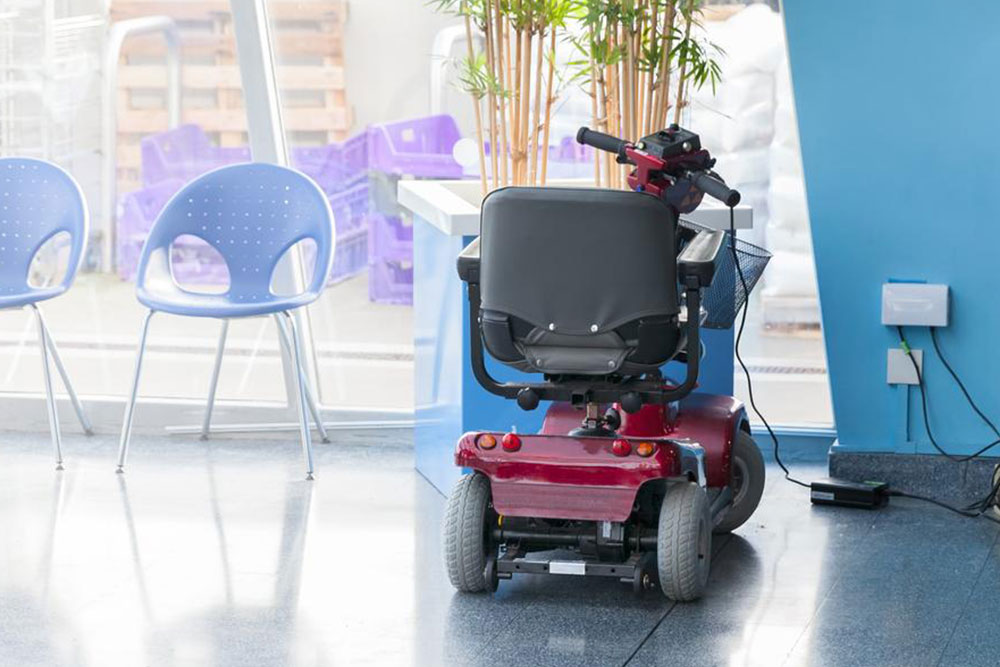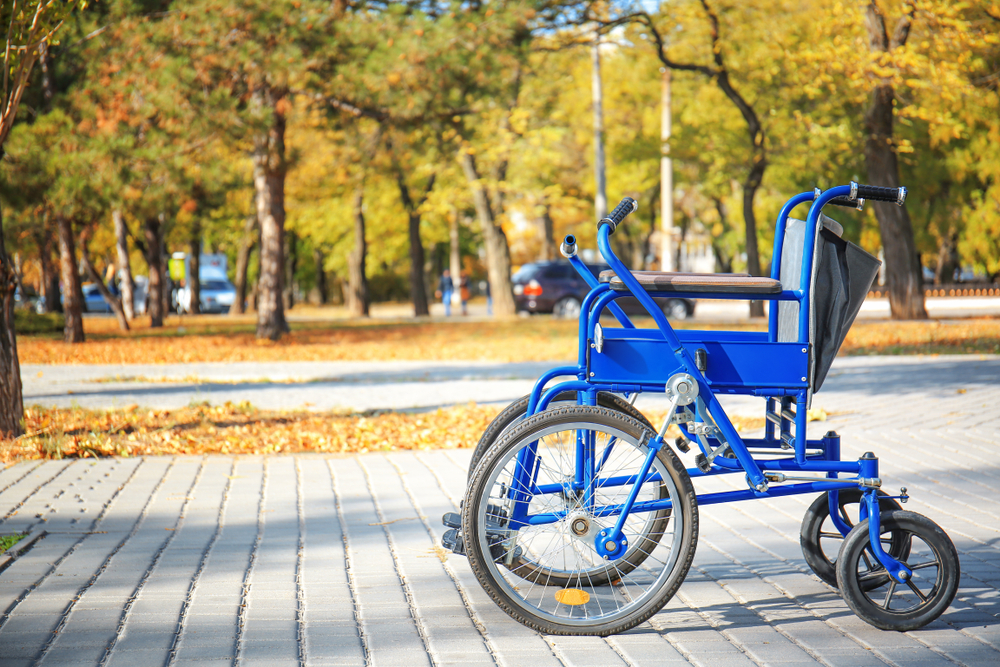Essential Home Medical Devices for Personal Health Monitoring
Discover essential medical devices for home use that help monitor vital signs, enhance safety, and support mobility. From blood pressure monitors to air purifiers, these tools empower you to take charge of your health efficiently and comfortably at home.
Sponsored

Monitoring your health at home empowers you to detect issues early. Compact medical devices are designed to help you keep track of vital signs and well-being. Many of these tools require a doctor’s prescription, but once obtained, they can be purchased online or at medical supply stores. Here are some essential devices that can benefit every household.
Blood Pressure Monitor
Blood pressure levels can fluctuate throughout the day. Using an automatic cuff-style monitor can give you accurate readings, helping you decide when to seek medical advice. Ensure the cuff fits well, and have your healthcare provider verify its accuracy and demonstrate proper use.
Thermometer
Every home should have a reliable thermometer. Digital models can measure oral, armpit, or rectal temperatures, but avoid using rectal thermometers orally. Pacifier thermometers are ideal for infants, and temporal artery thermometers are excellent for children over three months old, offering quick forehead readings.
Air Purifier
Pollen, dust, and airborne pollutants can aggravate allergies and respiratory conditions. Air purifiers trap these irritants, improving indoor air quality, especially in polluted environments.
Diabetic Shoes
For diabetics, proper footwear is crucial. Diabetic shoes with extra depth help prevent skin injuries, ulcers, and potential amputations by reducing pressure points and skin breakdown.
Heating Pad
Heating pads are effective for pain relief. Options include electric pads with safety features, chemical packs, or microwavable pads, offering a reusable solution for soothing aches.
Walking Aids
For those with balance or mobility issues, walkers provide stability. Variations include basic models without wheels, wheeled walkers, and rollators with wheels on all legs. For minor assistance, a cane may suffice.
Crutches
If you have leg injuries or disabilities, crutches aid mobility. Types include forearm, underarm, and platform crutches, each suited for different needs.
Pill Splitters
When medication doses need adjustment, pill splitters help cut pills accurately. Always consult your healthcare provider before altering medication dosages.
Investing in home medical equipment is vital for managing health and mobility. Some devices are over-the-counter, while others require a prescription. Always seek medical advice for larger equipment or complex needs.

